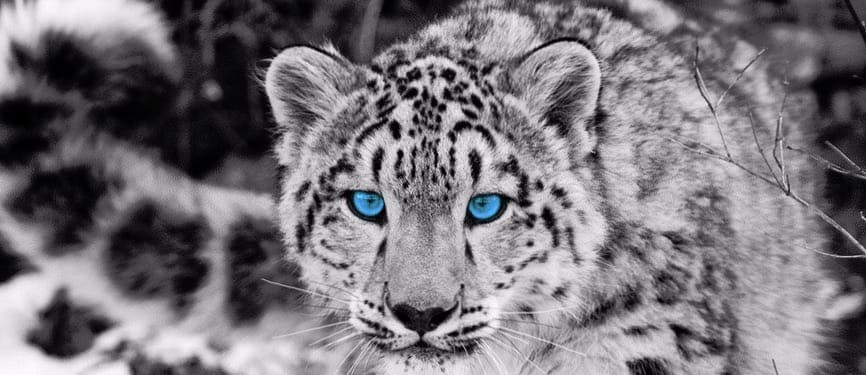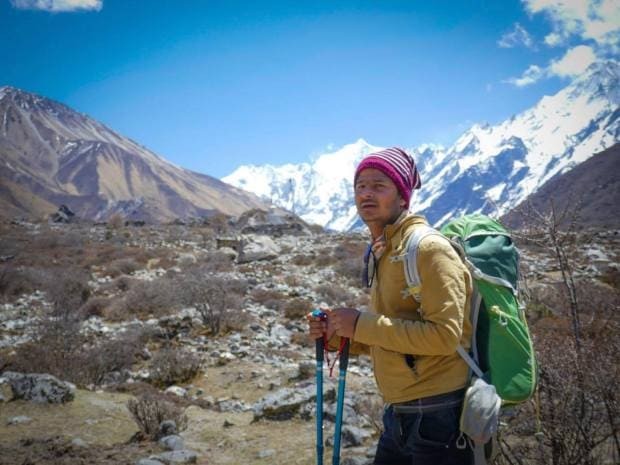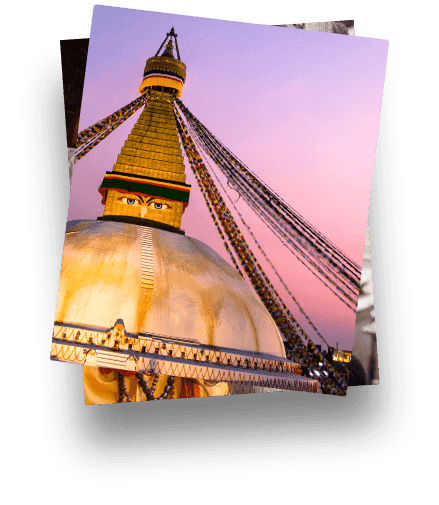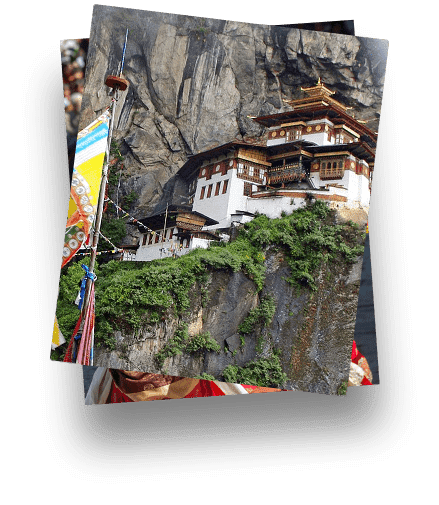You can contact us by e-mail or phone
from uk
01405 862917
outside uk
+44 1405 862917
01405 862917
+44 1405 862917
Essential Information
Important Trek & Activity Information

Essential Information
Important Trek & Activity Information
Here's what we think you need to consider carefully and be aware of before deciding to undertake a trek or multi-activity adventure in the Himalayas.
Essential Information
Important Information for Trekking & Activity Holidays
Fitness Levels & Experience
The common sense principle of 'don't bite off more than you can chew' is particularly applicable to lengthy, challenging, and high-altitude trekking and activity holidays, as well as short treks too. While we appreciate that some people do wish to challenge themselves on their trekking/active holidays, and others prefer to be within their known comfort and capability zones, it is crucial that you choose a trek/activity that is not beyond your capabilities. The consequences of finding out that the trek/activity you've started is beyond your capabilities have the potential to be catastrophic and, most probably, very costly financially for you. We suggest respectfully that the Himalayas are not the place to find out that the trek you've chosen is too difficult for you. So, please be honest with yourself as to your health, fitness, and experience before choosing your active holiday. If you don't like walking in the wilderness, then trekking is not for you.
Some treks, particularly Everest Base Camp attract many people whom would not usually go mountain walking and, due to inexperience, seriously underestimate the challenge and the realities of trekking for many days at relentlessly high altitudes
Grading
In the Himalayas, there is no such thing as "easy"! We give each trek and activity holiday a grade, e.g., easy, moderate, challenging, or very challenging, as well as an indication as to the number of days spent being active and the highest altitude. We fully understand that words like 'easy', 'moderate' etc. are just that.....words, and that we all have our own views as to what is easy, challenging, and so on. We use such wordage purely for the purposes of 'at a glance', and, as such, are based on trekking and activities by Himalayan and general mountain walking/activity standards. We find that providing daily walking distances can be very misleading, particularly for inexperienced trekkers. There's a very big difference between a 5-kilometre walk on level ground and a 5-kilometre walk that is all uphill and at high altitude. The trek to the Annapurna Sanctuary is indicative of this. Each day's walk (distance-wise) isn't particularly far, but most days are either very steep uphill or downhill, as well as being at a high enough altitude to make them even harder.
Equipment
We will be providing you with a bespoke list of items that are either essential or recommended for your particular holiday, and we are always happy to chat about trekking gear and the various items needed or not.. As a general guideline, we suggest you adopt the "there's no such thing as bad weather, just bad equipment and clothing" principle.
Health
Not all of us enjoy perfect health and may already have some kind of medical condition. Please consider whether you or any of your party have a pre-existing medical condition, and if so, consult your or their doctor for further advice as to the suitability of the itinerary, especially if it involves higher altitudes. Please also let us know and have a chat with us if you or any member of your party has a known medical condition before booking your holiday.
Trek safely
Most treks and other activity holidays are trouble-free and pass without incident. However, you must also take responsibility for your own actions and should take greater care than usual while in Nepal, Bhutan, and the Himalaya, as something as simple as a turned ankle can be a major problem in remote areas. Do not take unnecessary risks and resist the temptation to switch entirely to 'holiday mode. Sorry to sound preaching on this, but due to the difficulties that can arise when specialist medical assistance is far from immediately available, taking care of yourself is paramount. Please be mindful of the safety of others in your party, your support team, etc., and avoid putting others at risk.
Altitude
Most active holidays in the Himalayas involve being physically active at moderate to high altitude, and every year (literally), thousands of people enjoy trekking, biking, etc. in the Himalaya without any major difficulties. The human body is capable of adapting to a very wide range of barometric pressures. This adaptation process is known as acclimatisation, and it does take time.
Before embarking on a trek or activity holiday at high altitude, it is important that you familiarise yourself with the signs and symptoms of Acute Mountain Sickness (AMS) and that you report any illness to your guide straight away. Only one drug is currently known to have a useful role in preventing AMS and to be safe for this purpose: acetazolamide (Diamox). It is a condition of booking that you carry Diamox in your first aid kit for high altitude holidays (above 2500m). For more, see our About Altitude information. NHS UK Altitude Advice
Travel Insurance
You must be appropriately insured to trek or travel with us. Please use the link below to find out what specifically you must be covered for. About Travel Insurance
For DETAILED INFORMATION please access and read the following IMPORTANT links BEFORE making a booking
Guides
Our guides are all PROFESSIONAL, QUALIFIED AND LICENSED and english-speaking Nepalese or Bhutanese. We firmly believe that the best person to guide you around their country is someone from that country. To be honest, we think our guides are brilliant, and our clients seem to agree with this. Of course, your guide will want to ensure that your party all enjoys a wonderful holiday, with mind-blowing mountain views, great cultural encounters with the locals, and no problems. As well as your enjoyment, your guide is there to do their best to ensure the welfare and safety of both your party and whatever support crew you have. We would politely remind you of your responsibility in such matters too. As such, your guide has the ultimate authority on your holiday to make whatever decisions they feel are most appropriate, particularly in matters of welfare and safety. It is part of the Nepalese and Bhutanese cultures to wish that foreigners desires are met, and thus situations can arise when a guide has been bullied into following demands that have proven to be detrimental to the welfare and safety of the travelling party and contrary to the guide's advice. Thankfully, such instances are a rarity, but we would respectfully insist that you always unconditionally follow the advice and decisions your guide may make. If you have any questions/concerns in this regard, please have a chat with us.
Trekking Lodges, aka 'Teahouses' (Nepal Only)
Many treks in Nepal are often described as "Teahouse Treks". Note, Bhutan does not have trekking lodges like Nepal. Bhutan is camping only To find out more about Trekking Lodges, what they are like, food, etc. Just click this link below.
Camping
For some of the more remote and isolated parts of Nepal and all treks in Bhutan, fully supported camping is the only option. To find out more about what it's like on a camping trek, just click this link below.
Contingency
As all our treks are private and customised, the decision as to whether to include additional contingency, rest days, or additional (not less) acclimatisation days is yours. Flight cancellations (for example) at Lukla (Everest region) are always a possibility and can mean missing your return flight home. Important: Please read the following information link before making a booking
Trekking Permits
Trekking in Nepal will require a permit and T.I.M.S. registration, and most treks also involve National Park fees.
For more see our detailed Nepal Trekking Permits information.
Internal Flights
Your holiday may include internal flights and these are booked by us
Please be aware that baggage restrictions apply on all internal flights in Nepal and Bhutan. In Bhutan all internal flights as well as International flights to/from Paro allow 7KG Hand Baggage and 30KG Hold Baggage
For non-mountainous flights in Nepal e.g.Biratnagar, Bharatpur, Pokhara, Nepalgunj
5kg Hand Baggage and 25KG Hold Baggage
For flights into mountainous regions e.g. Lukla, Jomsom, Juphal, Taplejung
5kg Hand Baggage and 10kg Hold Baggage
Any excess baggage charges must be paid for by yourself
Internal Flights in Nepal are below the global safety average
Respect your support team & the local culture
It should go without saying really that respecting the customs and culture of wherever you travel is an absolute. Particularly on trekking holidays you may be walking into regions that rarely see foreigners. In all instances we would implore you to act both responsibly and respectfully towards the local inhabitants. In fact to do so is often the 'gateway' to those ad hoc cultural encounters many hope for. Often the locals are far too polite to show their disdain when foreigners behave (or dress) inappropriately. There are many great guide books about Nepal & Bhutan that provide detailed information on the culture and customs of Nepal & Bhutan, as well as what not to do! Acting responsibly and respectfully will help you get even more out of your holiday and if in doubt, just ask your guide for guidance, and just because you've seen some idiot from another party not travelling with Rural Heritage Journeys behaving in a manner contrary to the culture and what your guide books says doesn't make it OK to follow suit.
TRAVEL GUIDES
Everything you need to Know
Whether you're a first time visitor or a regular, our handy and illustrated travel guides showcase the beauty and wonders of Nepal and Bhutan, as well as containing lots of useful information too.

All rights reserved. Snow Cat Travel is a Registered Trade Mark UK 00003289264



